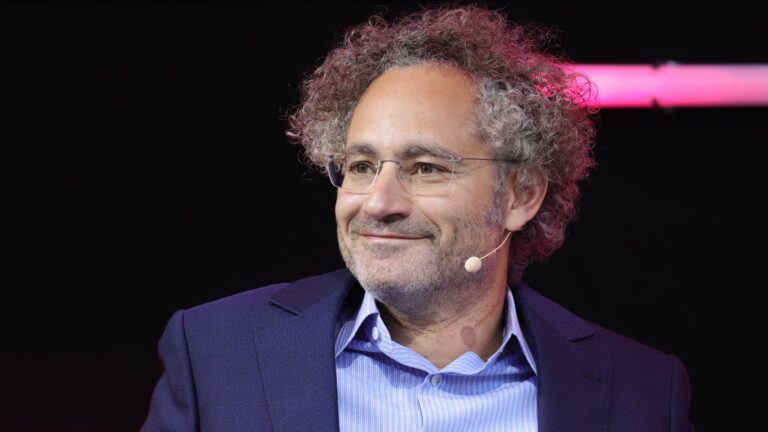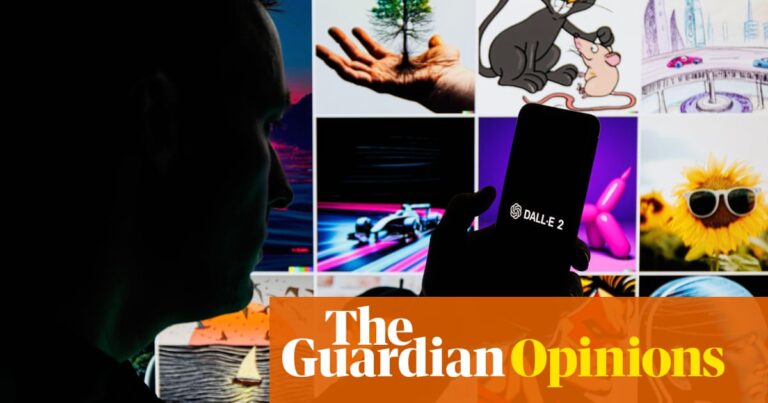

EV maker Omega Seiki Mobility is setting up a retrofit facility to convert internal combustion engine (ICE)-powered vehicles into electric vehicles near Chandigarh at an investment of USD 25 million, which is expected to be operational by the December quarter, the company’s founder and chairman, Uday Narang, has said. Narang also said that as the financing remains a challenge for the EV customers, retrofitting these vehicles within the reach of those customers who want to move to such vehicles from ICE, particularly at a time when petrol and diesel prices are at a much-elevated level.
The Faridabad-based company, which is a part of the Anglian Omega Group, currently manufactures cargo and passenger electric three-wheelers and small commercial vehicles M1KA. Besides, it is in the process of launching an electric two-wheeler as well as trucks in higher range.
“We have tied-up with a global player for retrofit technology to get into the conversion of vehicles with ICE engines into electric powertrain vehicles.” We are setting up a retrofit plant in Mohali, Punjab on 5-acres of land,” Narang said.
He said that the upcoming facility will come in the next six months and it will initially take up small and light commercial vehicles for retrofit and then will gradually add buses and other vehicles also.
“We are investing USD 25-million in our retrofit business, OSM Retro and our policy will be diesel lao, electric le jao (bring a diesel vehicle and take back an electric vehicle),” Narang said, adding that he is also in talks with EV operators in the Africa region and other countries also in an effort to get this business from these markets as well.
Narang added that retrofit vehicles bring down the cost of an EV quite substantially compared to a new EV and offers a good option for the customers who desist from buying an EV despite wanting to do so owing to its cost.
Noting that the recent hikes in the fuel prices, particularly of the diesel, have “adversely” affected the earnings of the ICE-driven commercial vehicle operators, he said that the demand for EVs has gone up significantly.
“However, the financing to EV vehicles, particularly from the nationalised banks remain a serious issue on account of certain apprehensions such as the vehicles resale value, its durability, among others. Because of this, the conversion to EVs is not happening at the pace it ought to have happened as demand without purchase cant’s constitute demand,” Narang said.
He said that both Central and State Governments have policies for EV and battery manufacturing but not for the financing of these vehicles which is an important part in the accelerating adoption of such vehicles.
“Addressing demand side issues is as important as taking up the supply side issues. I urged the Government to look into these aspects as well. Nationalised banks also should let us know the comfort (collateral) they want for EV financing,” he said.
FacebookTwitterLinkedin






